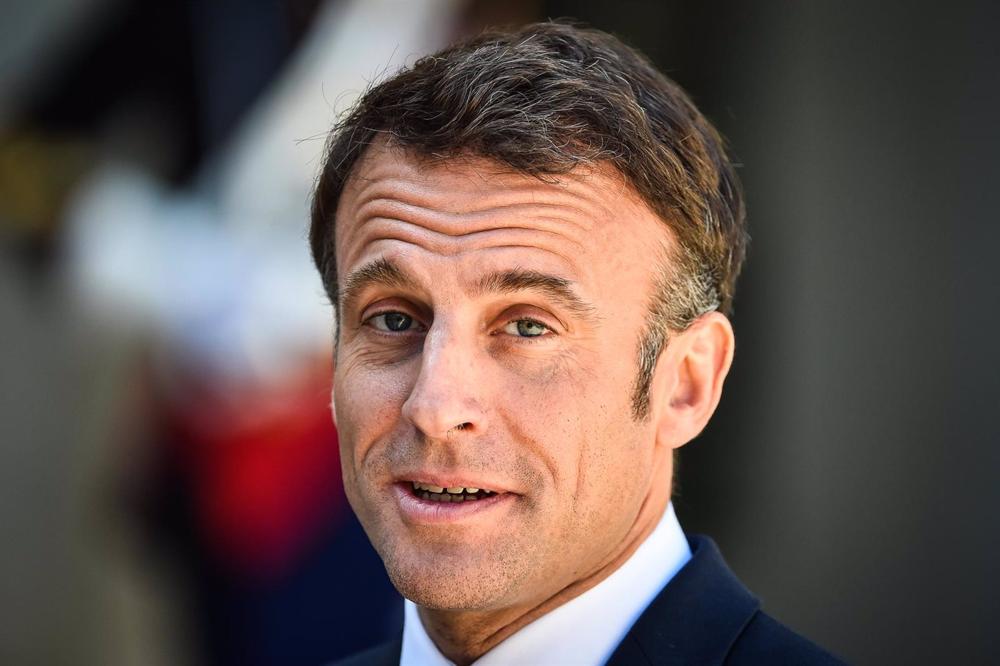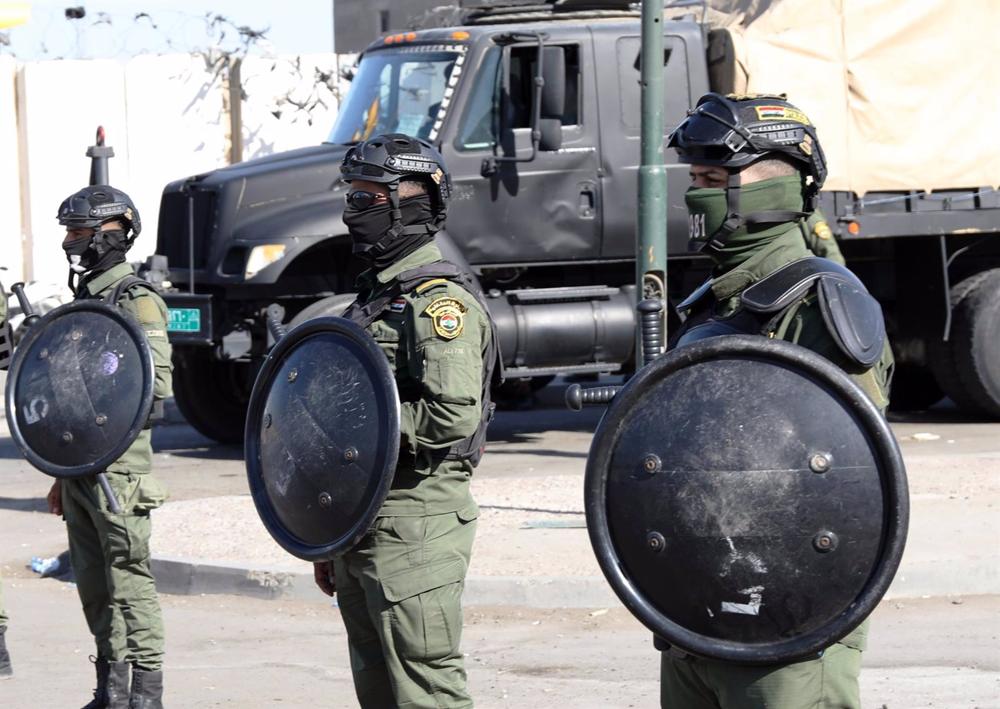
The Romanian government on Friday recalled its ambassador to Austria, Emil Hurezeana, for a series of consultations on the negative vote of Vienna, which has refused to allow Romania to join the Schengen area despite the fact that the European Commission has been advocating its entry for a decade.
The country’s Foreign Ministry has indicated in a statement that «the decision of the Romanian side shows a clear disapproval on the part of Romania towards the decision taken by Austria», with whom it could reduce its diplomatic relations.
The authorities have also summoned the Austrian ambassador in the country, Adelheid Folie, to address the matter and regretted that «there will be consequences» following Austria’s «unjustified and unfriendly» act against the country.
The Romanian Foreign Minister, Adrian Cioroianu, has stressed that these measures will mean «a reduction of the Romanian representation in Vienna» and are a sign of «cooling» between the two countries, according to information from the Digi24 television channel.
«We consider that what happened is completely unfair and lacks any objective motivation, especially considering that Romania has acted with transparency in its relations with its European partners, including Austria,» he stressed before stating that «unfortunately, Austria has decided to ignore all these elements through a negative vote expressed on Thursday, in flagrant contradiction with the favorable position of other EU member countries and despite the diplomatic contacts between the parties.»
The entry of Romania and Bulgaria has clashed with the no vote of Austria and the Netherlands, although the latter had been open to allow Romania’s entry. The decision covered the two countries without the possibility of splitting the vote, so the Dutch veto on Bulgaria affected Romania as well.
The confirmation of the refusal to allow the entry of Bulgaria and Romania came after nearly five hours of debate, during which an attempt was made to resolve the deadlock during a recess for bilateral negotiations after a first debate in which the intention to veto became clear.






